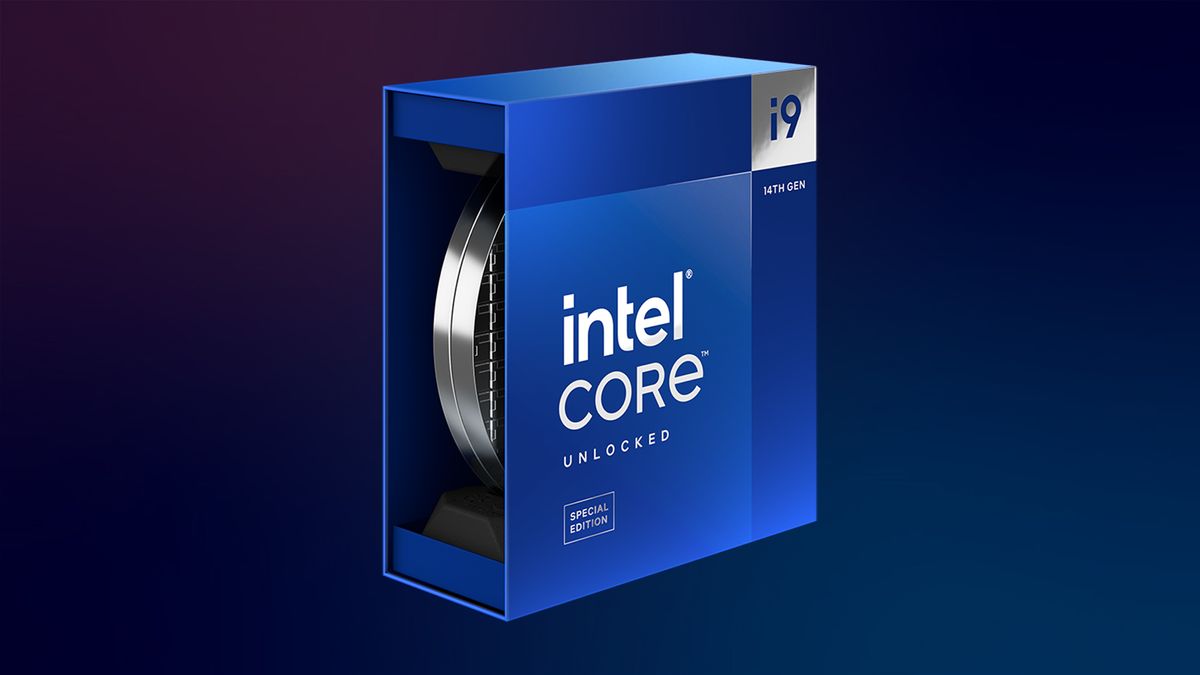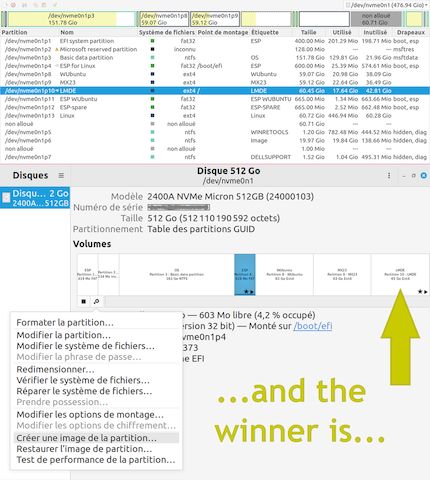Well, "polite" means i performed the un-bitlocking via Windows exclusively, switching to Linux only after the partition had been reduced and a reboot still using Windows would happen to agree. Ah, and while i think of it i also saved my keys
before touching anything...
Back to the announced topic, sorry for my side-comment, yet i'd point out the new Dell NetBook doesn't display on my large screen at boot time, while i have another unit connected to that very same monitor which does - so it's not the screen being faulty while there's Intel inside both machines anyway! When i search my uEFi BiOS no mirror/twin screen options are to be found as if i got no HDMi port for external DP monitors, which defeats BOOT MENUs if looking from a distance, as in TV applications... If it "works" for one Intel PC and not the other what does it leave except Dell precisely?
...

I've also noticed a lot of failures related to its "h2c" something... That would be about WiFi/Bluetooth and it turns out i've experienced difficulties pairing my headphones. The chip is from Realtek apparently, then again what's left to blame if not the glue inbetween!
In addition, it now seems like i'll have to check for thermal protection too, just in case. What next? Ubuntu-certified, really??

Euh... If i were Dell i'd tell my employees to be more careful distributing blames.




